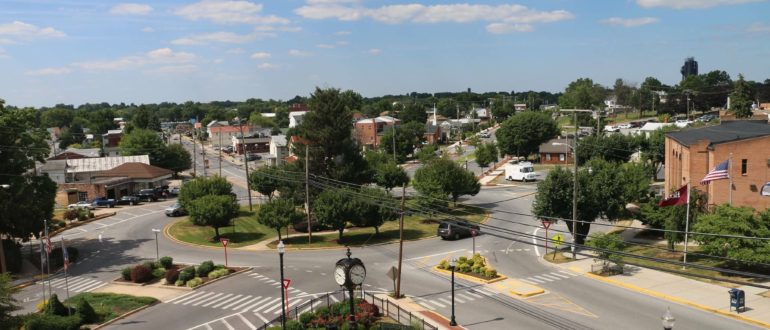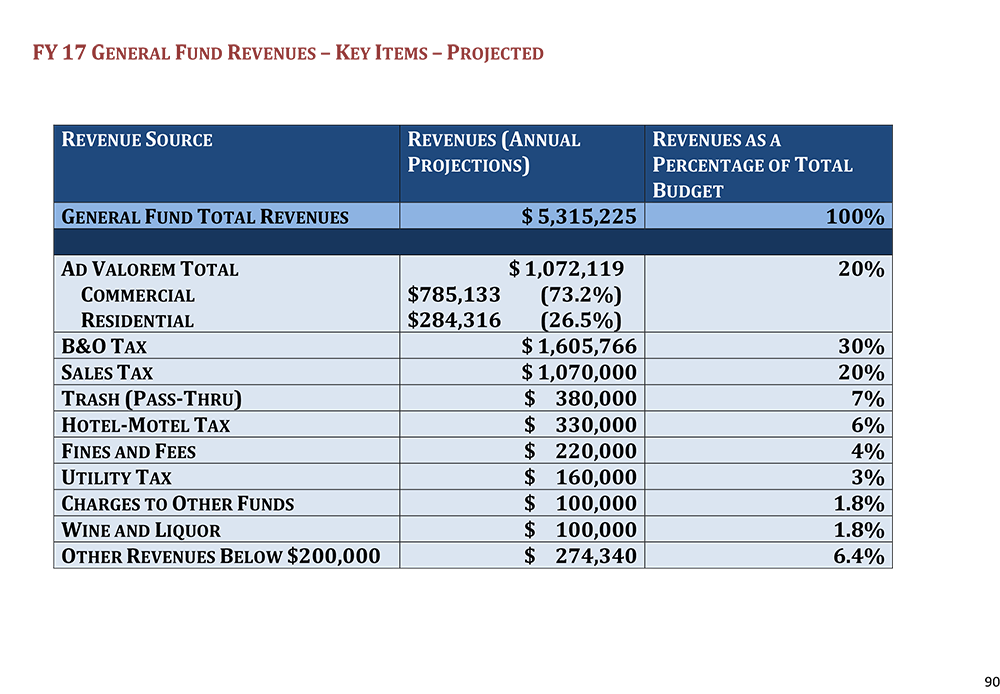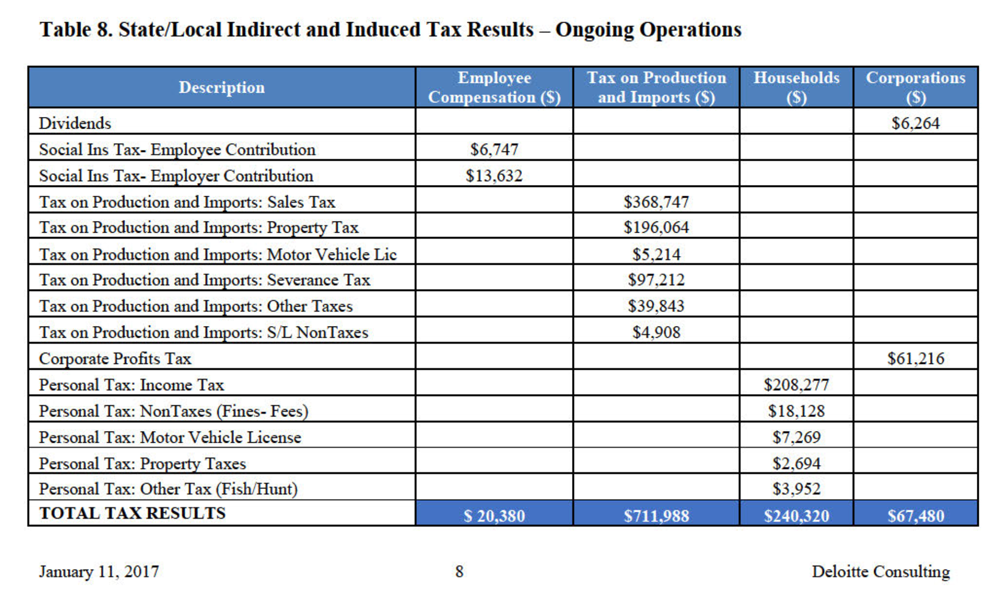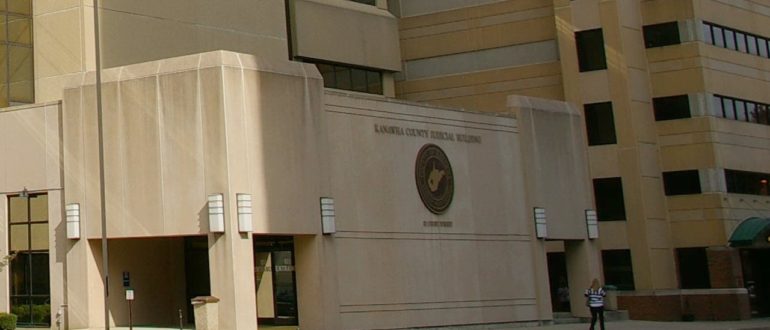Jefferson County Foundation continues to spring forward with momentum in the fight to protect our region’s natural resources. Recent developments prove that we must act with incredible urgency. Now is the time to support these critical actions. Please donate if you can. To update you:
Educate and Empower the Public
The Foundation has filed four more FOIA to state and federal government agencies due to new issues which continue to arise. The FOIA requests are time consuming but necessary as we continue to seek truth in matters that affect our region’s natural resources.
Advocate to Regulators and Leaders
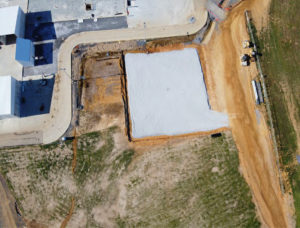
The Foundation sent a letter to the West Virginia Department of Environmental Protection (DEP) and the federal Environmental Protection Agency (EPA) regarding Rockwool’s inaccurate and incomplete form submission for Resource Conservation and Recovery Act (RCRA), which requires the company to notify the EPA about how it intends to handle regulated waste at its facility. Rockwool cannot continue to be allowed to submit inconsistent, incomplete and inaccurate information for permits. It’s simply not protective of the environment and will lead to the degradation of our natural resources and the downturn of our economy, health, safety, and welfare. Read the full letter here.
The Foundation sent a letter of complaint to the DEP regarding the lack of proper public notice about the Sheetz Truck Facility Construction Stormwater General Permit (CGP) application. Sheetz, Inc. applied for a new permit on November 20, 2020, and as of the date of our letter, still had not posted the public notice sign as required by this type of permit. A public notice sign is the only method by which the public may become aware of this type of project and be drawn to review the permit and offer comment. Violations of these requirements in the CGP effectively eliminate the involvement of the public in the review process, and remove an avenue for the public to seek relief that was clearly intended by the CGP. We continue to hold the DEP to the requirements of the law and await the response on this matter.
Legal Updates
Constitutionality of the $150M Tax Abatement Deal with WVEDA
The Foundation is appealing the decision of the judge who dismissed the case in the legal challenge of the constitutionality of the $150 Million tax abatement deal the WVEDA made with Rockwool. The case was dismissed because the business court concluded that the legislature intended to allow these types of arrangements. The court did not answer the constitutional question or if the constitution allows these arrangements. We are appealing the decision as constitutionality was the basis of our suit. The constitution requires equity; every entity pays their fair share. For more information about this case and our view of PILOTs in general, read here.
Rockwool Stormwater Construction Permit Hearing Continues this Thursday
The Jefferson County Foundation v. WVDEP and Rockwool case that challenges Rockwool’s Construction Stormwater permit continues this Thursday. The hearing, which started last year, was originally continued into January at the request of the DEP so they could complete the certified record. The DEP was again unable to deliver the certified record in time for the hearing and now the hearing has been rescheduled for this Thursday. For more information on this case, please read here. We will share the link to watch the hearing on our Facebook page closer to the date.
Preparing for Discovery for Rockwool’s Operational Stormwater Permit Appeal
The Foundation continues to work on discovery in the appeal of Rockwool’s operational stormwater permit. The new expert’s assessment is underway. The evidentiary hearing has been set for April 8 and 9. Read the appeal.
Charles Town Votes on Resolution to Abandon the Bond to Pay for the Super Sewer to Rockwool
We are relieved to see that Mayor Trainor listened to the Foundation’s call last November to abandon the bond and require Rockwool to pay for its own sewer through the 5.5-7h process it has relied upon to build the sewer. The Charles Town City Council will vote on Monday, March 15 on a resolution to declare the ordinance moot. The Foundation would like to thank the over 1,500 people who signed the petition in opposition of the bond, and the volunteers from the Super Blue Petition Crew that helped gather these signatures. We collected signatures from well over 30% of the free holders, representing 34% of the adult population of Charles Town, all in eight weeks. As the Blue Petition Project Manager, I would personally like to thank those who gave countless hours of tireless dedication to getting the job done, in an amazingly short amount of time!
Support the Foundation’s Work
Please check out our 2020 Annual Report. The discovery process is expensive, but necessary in order to submit more evidence into the record. We appreciate your support while we are conducting this process. Please, if you are able, consider a donation to the Foundation Legal Fund. You can donate safely and easily online at the Foundation’s website. You can also help by sending a check to Jefferson County Foundation, Inc., PO Box 460, Ranson, WV 25438.
For those that are contributing, we thank you for your dedication to bring truth to light and to protect our natural resources. We appreciate your continued support! In the meantime, we’ll keep you posted on how our active cases are going.


